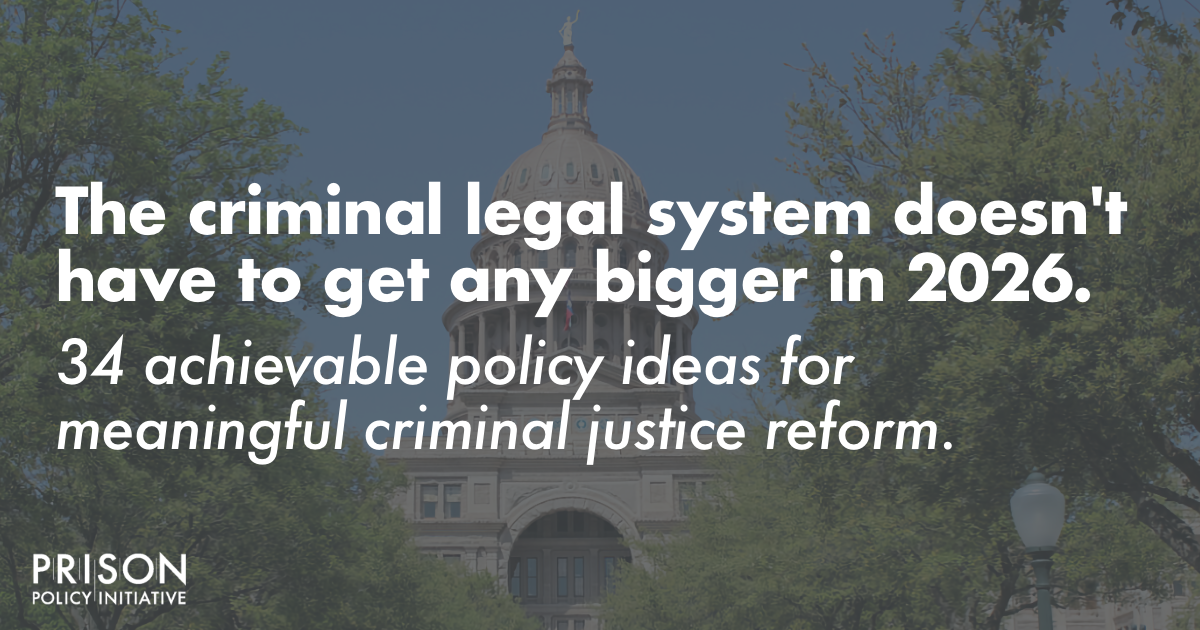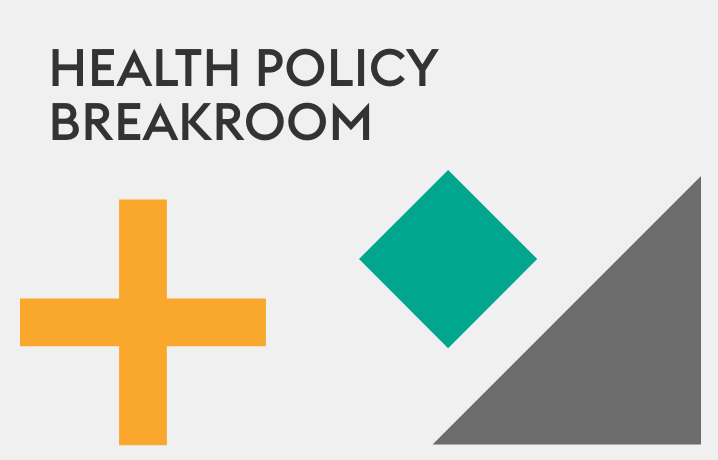Sacramento Watch: SB 98 Would Require Notice of Ice Visits to Campus by Specified Institutions – Atkinson, Andelson, Loya, Ruud & Romo

Legislative Report: California Senate Bill 98 and its Alignment with Sustainable Development Goals
Executive Summary
California Senate Bill 98 (SB 98) proposes an amendment to the Education Code requiring educational institutions to issue campus-wide notifications regarding the presence of immigration enforcement. This report analyzes the bill’s provisions and evaluates its significant contributions to achieving key United Nations Sustainable Development Goals (SDGs), particularly those concerning education, equality, and institutional justice.
Analysis of Senate Bill 98
Core Mandates and Scope
Introduced on January 23, 2025, SB 98 aims to enhance safety and transparency on educational campuses. If enacted, it will be effective immediately as urgency legislation.
- Notification Requirement: Mandates that campus communities be notified when immigration enforcement activities are confirmed. The notice must specify the date, time, and location of the activity and provide a link to official resources, while prohibiting the inclusion of any personally identifiable information.
- Definition of Enforcement: “Immigration enforcement” is broadly defined as any effort by state, local, or federal officers to investigate or enforce federal civil or criminal immigration laws.
- Affected Institutions: The requirements apply to a wide range of educational bodies.
- Public K-12 school districts
- California State University (CSU) campuses
- Community college districts
- Independent colleges, universities, and career technical schools qualifying for Cal Grant
The bill also formally recommends participation by the University of California (UC) system.
Contribution to Sustainable Development Goals (SDGs)
SB 98 directly supports the advancement of several SDGs by fostering inclusive, safe, and equitable environments within California’s educational system.
SDG 4: Quality Education
The bill reinforces the principle of inclusive and equitable quality education for all. By mandating transparent communication, it seeks to create a secure learning environment, which is a prerequisite for educational access and attainment.
- Ensuring Safe and Inclusive Learning Environments: The primary goal is to mitigate fear and prevent panic among students, particularly those from immigrant families, ensuring that the threat of enforcement does not become a barrier to attending school.
- Promoting Equal Access: By fostering a sense of security, the bill helps ensure that all students, regardless of immigration status, have uninterrupted access to educational opportunities, aligning with Target 4.5 to eliminate disparities in education.
SDG 10: Reduced Inequalities
SB 98 is a targeted measure to reduce inequalities faced by vulnerable populations within the state.
- Protecting Vulnerable Students: The legislation explicitly aims to support students irrespective of their immigration status, directly addressing inequalities that can hinder social and educational inclusion.
- Fostering Equal Opportunity: The bill promotes policies of non-discrimination and inclusion, contributing to Target 10.3, which calls for ensuring equal opportunity and reducing inequalities of outcome.
SDG 16: Peace, Justice, and Strong Institutions
The legislation strengthens educational institutions by promoting transparency, accountability, and responsiveness.
- Developing Transparent Institutions: The notification mandate establishes a clear, transparent protocol for communicating sensitive law enforcement activities, aligning with Target 16.6 to develop effective, accountable, and transparent institutions.
- Ensuring Responsive Governance: The bill demonstrates a responsive approach to the needs of the campus community, fostering trust and reinforcing the role of educational institutions as safe and supportive pillars of society.
Implementation and Context
Operational Framework
The implementation of SB 98 is facilitated by existing campus infrastructure. Educational institutions currently operate robust alert systems for time-sensitive emergencies, such as natural disasters or security threats. These established mechanisms can be readily adapted to disseminate the notifications required by the bill.
Relation to Existing State Guidance
This proposed legislation is designed to complement existing resources provided by the California Attorney General. The state has already published guidance for educational agencies and immigrant families on how to interact with immigration enforcement entities. The notifications mandated by SB 98 will serve as a real-time, practical application of that broader advisory framework.
Identified Sustainable Development Goals (SDGs)
- SDG 4: Quality Education – The article’s central theme is ensuring access to education in a safe and supportive environment for all students, which is the core mission of SDG 4.
- SDG 10: Reduced Inequalities – The bill specifically addresses the vulnerabilities of immigrant students and their families, aiming to ensure they are not excluded from educational opportunities due to their immigration status, thereby tackling inequality.
- SDG 16: Peace, Justice and Strong Institutions – The article discusses the creation of legislation (SB 98), the role of government (Attorney General), and the implementation of transparent policies within educational institutions to protect individuals and ensure access to justice and information.
Specific Targets Identified
-
SDG 4: Quality Education
- Target 4.a: “Build and upgrade education facilities that are child, disability and gender sensitive and provide safe, non-violent, inclusive and effective learning environments for all.”
Explanation: The article directly supports this target by stating that the bill was introduced “in hopes of creating a greater sense of safety on campus.” Senator Pérez is quoted saying the state is responsible for “ensuring access to education in a safe space,” and the bill’s goal is to “foster an environment of safety and support for all students.”
- Target 4.a: “Build and upgrade education facilities that are child, disability and gender sensitive and provide safe, non-violent, inclusive and effective learning environments for all.”
-
SDG 10: Reduced Inequalities
- Target 10.2: “By 2030, empower and promote the social, economic and political inclusion of all, irrespective of age, sex, disability, race, ethnicity, origin, religion or economic or other status.”
Explanation: The bill aims to foster an environment of support for students “regardless of their immigration status.” By preventing panic and promoting security, it seeks to ensure the continued social inclusion of immigrant students within the campus community, preventing their exclusion from education due to their origin or status. - Target 10.3: “Ensure equal opportunity and reduce inequalities of outcome, including by eliminating discriminatory laws, policies and practices and promoting appropriate legislation, policies and action in this regard.”
Explanation: Senate Bill 98 is presented as “appropriate legislation” designed to protect a vulnerable group from potential intimidation that could lead to unequal outcomes, such as dropping out of school. It is a policy action intended to ensure equal opportunity in accessing education.
- Target 10.2: “By 2030, empower and promote the social, economic and political inclusion of all, irrespective of age, sex, disability, race, ethnicity, origin, religion or economic or other status.”
-
SDG 16: Peace, Justice and Strong Institutions
- Target 16.6: “Develop effective, accountable and transparent institutions at all levels.”
Explanation: The bill mandates that educational institutions implement a transparent notification process. The requirement that “the notice must include the date and time the immigration enforcement was confirmed, its location, and a link to additional resources” makes these institutions more accountable and transparent to their communities. - Target 16.b: “Promote and enforce non-discriminatory laws and policies for sustainable development.”
Explanation: SB 98 is a proposed law that is explicitly non-discriminatory, as its purpose is to create a safe environment “for all students, regardless of their immigration status.” Enacting this bill would be a direct enforcement of a non-discriminatory policy that supports sustainable development through education.
- Target 16.6: “Develop effective, accountable and transparent institutions at all levels.”
Implied Indicators for Measuring Progress
-
For Target 4.a (Safe Learning Environments)
- Indicator: The number and proportion of educational institutions that have implemented the mandatory notification system.
Explanation: The article specifies that the requirements apply to “Public K-12 schools, California State Universities, Community college districts, and Independent colleges and universities.” Progress can be measured by tracking how many of these institutions adopt and operationalize the alert system as required by the bill.
- Indicator: The number and proportion of educational institutions that have implemented the mandatory notification system.
-
For Target 10.3 / 16.b (Promoting Legislation and Non-discriminatory Policies)
- Indicator: The legal status of Senate Bill 98.
Explanation: The article provides a clear, measurable status of the bill: it “passed the bill on June 2, 2025, by a vote of 29-8, so the bill is now being considered by the Assembly.” The primary indicator of progress is its successful passage through the Assembly and enactment into law.
- Indicator: The legal status of Senate Bill 98.
-
For Target 16.6 (Transparent Institutions)
- Indicator: Compliance with the content requirements for notifications issued by educational institutions.
Explanation: The article implies a clear indicator by defining what the notice must contain: “the date and time the immigration enforcement was confirmed, its location, and a link to additional resources.” Progress towards transparency can be measured by auditing the notifications to ensure they meet these specific requirements and do not include “personally identifiable information.”
- Indicator: Compliance with the content requirements for notifications issued by educational institutions.
Summary of Findings
| SDGs | Targets | Indicators |
|---|---|---|
| SDG 4: Quality Education | 4.a: Provide safe, non-violent, inclusive and effective learning environments for all. | The number/proportion of K-12 schools, CSUs, and community colleges that have implemented the campus notification policy. |
| SDG 10: Reduced Inequalities | 10.2: Promote the social inclusion of all, irrespective of origin or other status. | Implementation of policies that support students “regardless of their immigration status.” |
| 10.3: Ensure equal opportunity and reduce inequalities of outcome by promoting appropriate legislation. | The successful passage and enactment of Senate Bill 98 into law. | |
| SDG 16: Peace, Justice and Strong Institutions | 16.6: Develop effective, accountable and transparent institutions at all levels. | Compliance of institutional alerts with the bill’s specific requirements (date, time, location, resources, no personal info). |
| 16.b: Promote and enforce non-discriminatory laws and policies. | The legal status and eventual enforcement of SB 98 as a non-discriminatory law. |
Source: aalrr.com

What is Your Reaction?
 Like
0
Like
0
 Dislike
0
Dislike
0
 Love
0
Love
0
 Funny
0
Funny
0
 Angry
0
Angry
0
 Sad
0
Sad
0
 Wow
0
Wow
0












































































